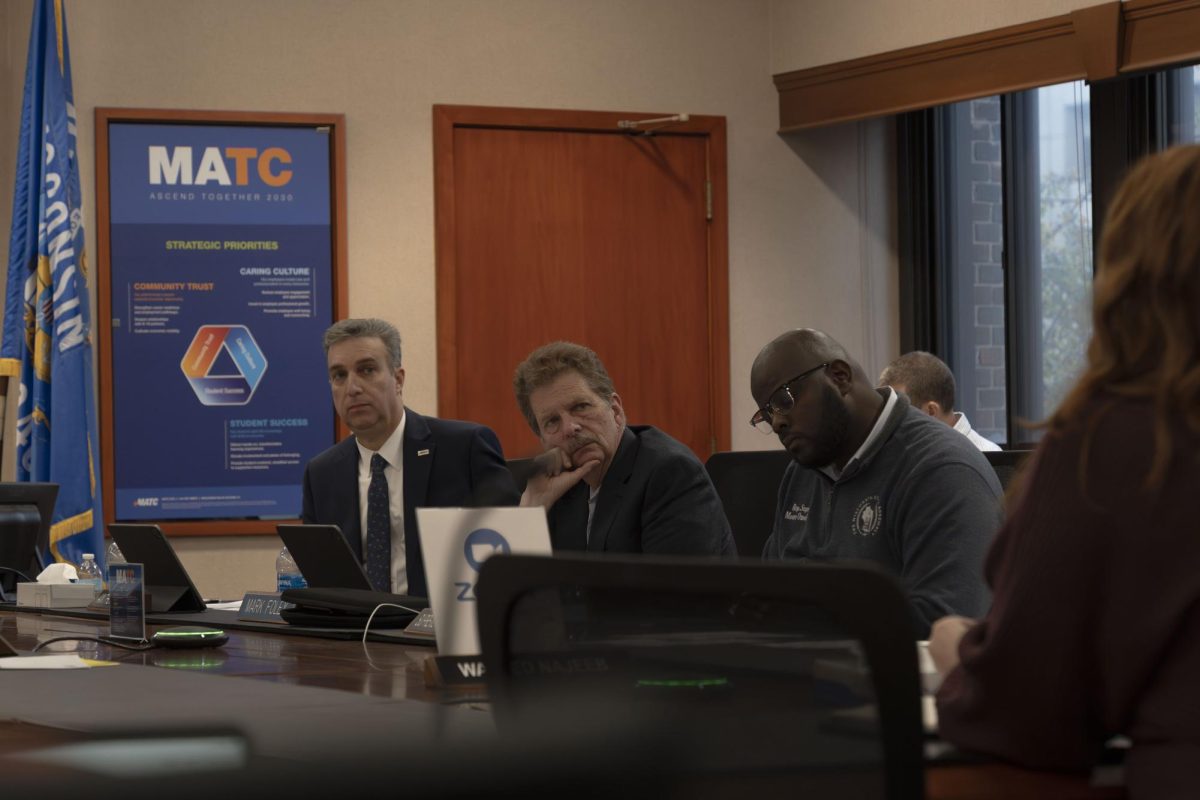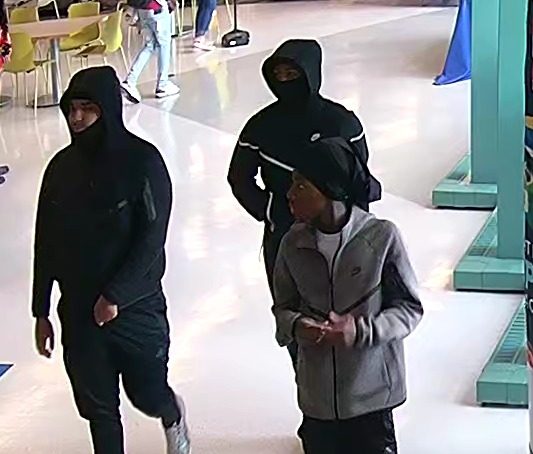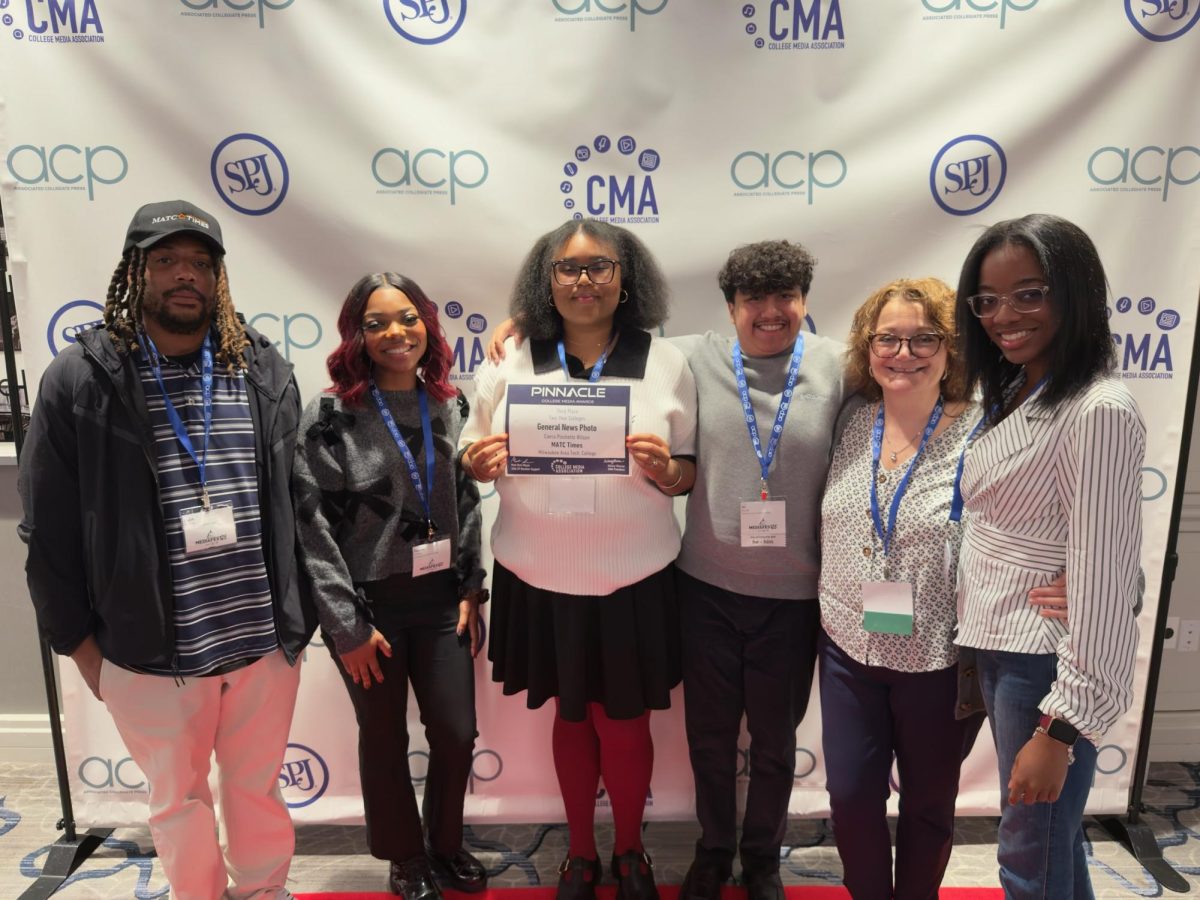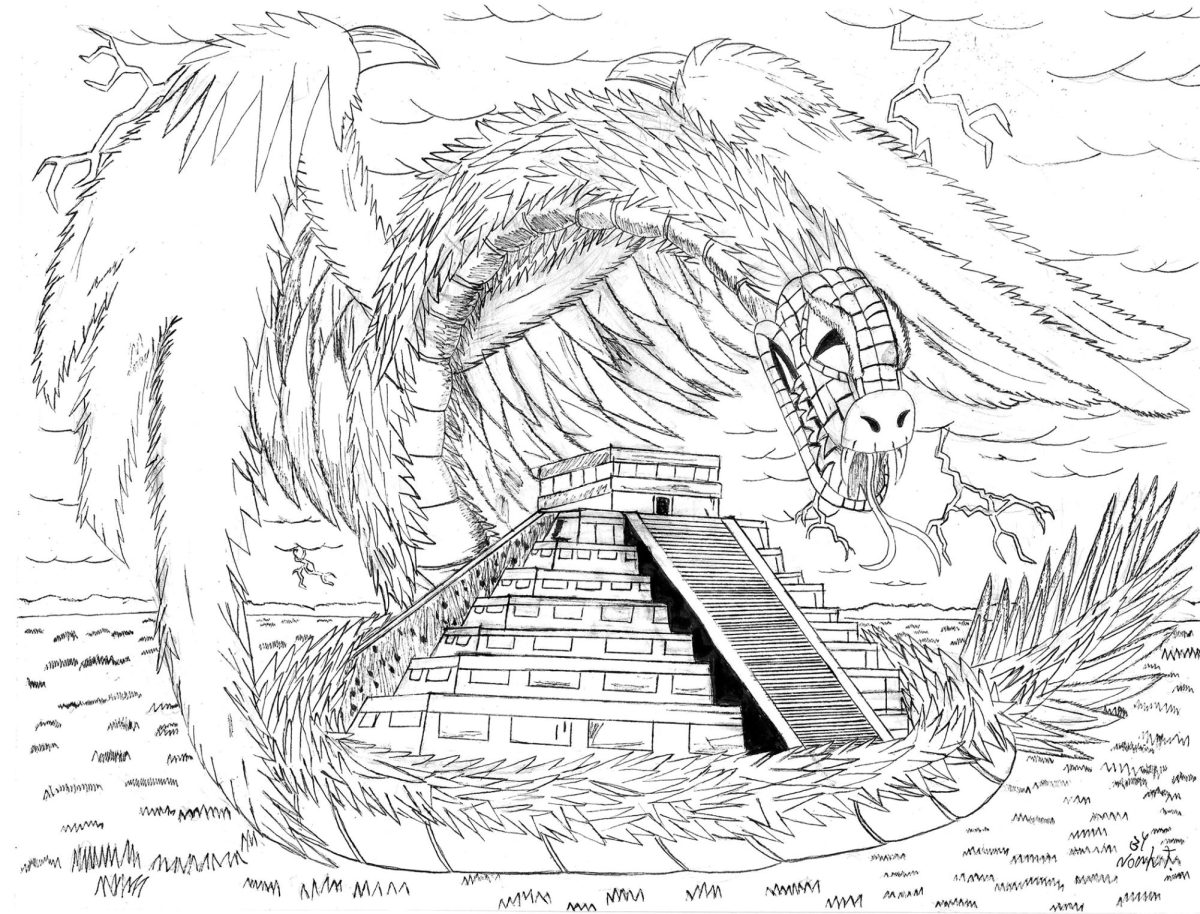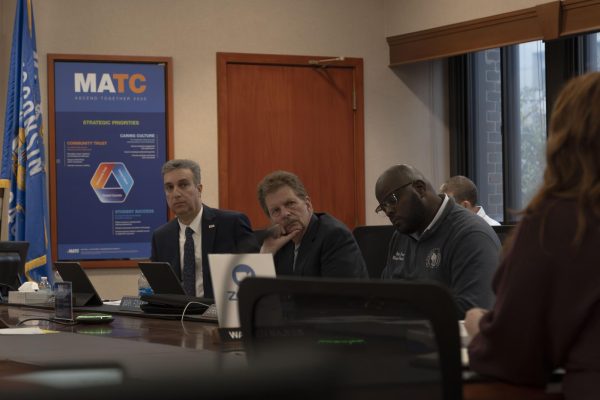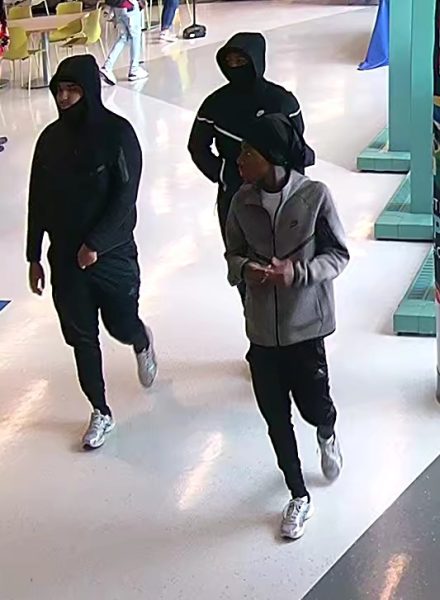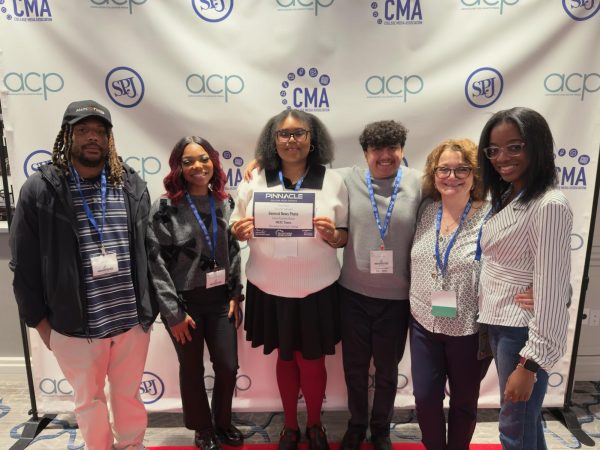Ins and outs of MATC’s privacy policy
The safety and well-being of immigrants and refugees in the United States is more uncertain now than it has been for a long time. The reason for the state of uncertainty is largely because of recent executive orders signed into action by President Donald Trump.
One of the executive orders signed in January is known as the “travel ban.” The ban placed a 120-day block on immigrants from seven majority-Muslim countries essentially alienating an entire group of people. The ban was eventually ruled unconstitutional, but Trump signed an updated version into order in March.
Another executive order signed by Trump gave more discretion to Immigration and Customs Enforcement (ICE) officers when making immigration arrests. In the past ICE was directed to focus only on immigrants convicted of serious crimes. Under the new executive order, those charged with even minor crimes could be targeted.
This executive order also gives more power to local authorities to perform the functions of immigration officers, which Milwaukee County Sheriff David Clarke has taken advantage of. In March, he signed a letter of intent asking the federal government to authorize his office to do immigration enforcement in Milwaukee County.
Since the signing of these executive orders, MATC officials have come together in solidarity to let students know that not only are they safe here at MATC but welcomed with open arms.
American Federation of Teachers (AFT) Local 212 Chapter President Dr. Michael Rosen had this message for students: “You are not only welcome, but you are an intricate and important part of this college. We will do everything in our power not only to educate you but to make sure you and your families are safe during this unsettling time.”
Provost Dr. Mohammad Dakwar told students, “You should never feel alone. You are in a safe environment. We are here to support you.”
Dr. Sarah Adams, interim vice president for Student Services, explained how MATC keeps student information safe. She highlighted the school’s strict dedication to the Family Educational Rights and Privacy Act (FERPA).
By definition, FERPA is a law that protects the privacy of student education records. The law applies to all schools that receive funds under an applicable program of the U.S. Department of Education. While FERPA applies to all students, Rosen noted it is as important now as it has ever been for immigrants enrolled at MATC to know that they are welcome and their information is safe.
Adams also pointed out that MATC doesn’t even ask about residency status. She said, “The information the students give us is the information we use, because we have no reason to believe it isn’t true.”
“When students register at MATC they hand over a lot of sensitive information like Social Security numbers, birthdays, addresses. FERPA allows us to keep all of that information confidential,” explained Adams.
There are only two circumstances where confidential information will be given out, said Adams. The first is through student consent. Students can choose to make their confidential information available to certain people by filling out an authorization to release form. “These releases are common, between students and parents,” said Adams. But there is more to it. “Students can choose what information they want to make available to certain people. If they want to give their parents the ability to access their schedule, but not their grades, they can do that,” she said.
The second way is through a court ordered subpoena. MATC will not give any law enforcement officer any confidential student information without a warrant, said Adams, and she explained what happens if the school were to receive a subpoena. “If we get a subpoena, we have a certain amount of time to respond to it. In that time, we contact the student and let them know about the subpoena, so if they want to they have time to communicate with an attorney,” Adams said.
There is some information that MATC will disclose to anyone regardless of an authorization to release form or a court subpoena; this information is called directory information. MATC considers directory information to be only the following: name; major field of study; dates of attendance; full-time/part-time status; degrees, technical diplomas or certificates awarded; and participation in officially recognized activities and sports.
By request, students can make their directory information unavailable to the public and only accessible through the same channels as confidential information. To do this, students must make the request and fill out the forms in the Registrar’s office at the Downtown Milwaukee campus.
Former editor-in-chief 2016-17

